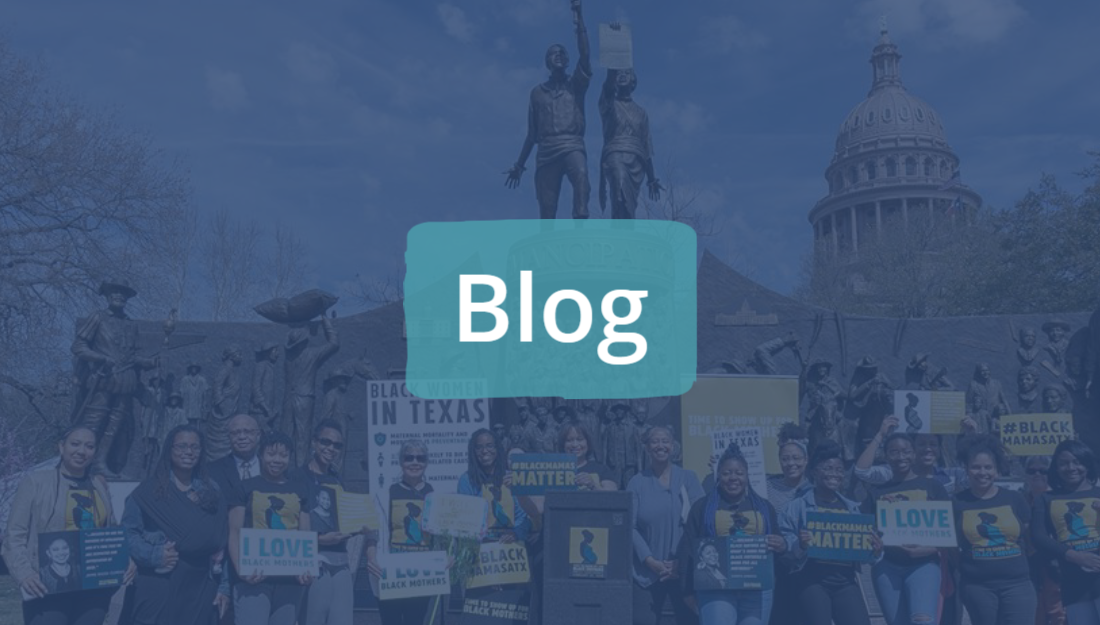News and Resources
Press Contact:
Meghan Varghese, MSSW
Communications Manager
Texas Health Institute
communications@texashealthinstitute.org

A New Collaborative Effort to Advance Health Integration
Health integration is about more than creating a better healthcare system—it’s about improving health outcomes, lowering costs, and improving experiences for everyone. At the Texas Health Institute’s Health Integration Leadership Convening in October 2024, leaders from various sectors collaborated to identify key priorities for transforming health systems.

Texas Health Policy Forum: Shaping Healthcare Policy for the 89th Legislative Session
In December, Texas Health Institute, with generous support from the Texas Primary Care Consortium and its partners, brought together state policymakers, public health leaders, healthcare professionals, researchers, and community-based organizations in Austin for the Texas Health Policy Forum.

Texas Health Institute Steps Up as Administrative Home for Hiram Clarke Community Resiliency Project
The project utilizes an innovative community-led approach to achieve its mission to unite the Hiram Clarke community.

Efforts to Advance Firearm Safety and Injury Prevention Through Primary Care
TPCC engaged a group of community members and leaders with expertise in firearm injury prevention to examine Texas-specific data on firearm injuries and deaths.

A New Approach to Health Integration
Addressing the complex health needs of communities and populations is increasingly important.

Our Experience at the NNPHI Annual Conference
The National Network of Public Health Institutes convened public health leaders from across the country for its annual conference in Washington, D.C., May 9-11.

Why THI?
Texas Health Institute (THI) is committed to healthier people and healthier communities. To us, this means using research, evidence, and science to find out what Texans need and working across sectors with communities, businesses, foundations, health systems, and more.

Meet Black Mamas ATX
In 2022, Texas Health Institute had the opportunity to be the fiscal sponsor for a small but vital nonprofit in Central Texas: Black Mamas ATX, headed by Executive Director Kelenne Blake-Fallon. At our board meeting in November, we were fortunate to hear from her about their approach, success, and continuing

New Website, New Structure, New Framework
Over the past two years, we at Texas Health Institute have been working to develop a better way of sharing our competencies and achievements. Research with partners showed some room for improvement regarding our scope and purpose but deep respect for our high-quality work and commitment to health equity.

THI’s New Strategic Framework
In the lifecycle of every organization, there is a time to re-evaluate why you exist, how you go about your work, and if what you are doing is having an impact. THI is no different and after more than 60 years in existence, in 2020 we began a process of


